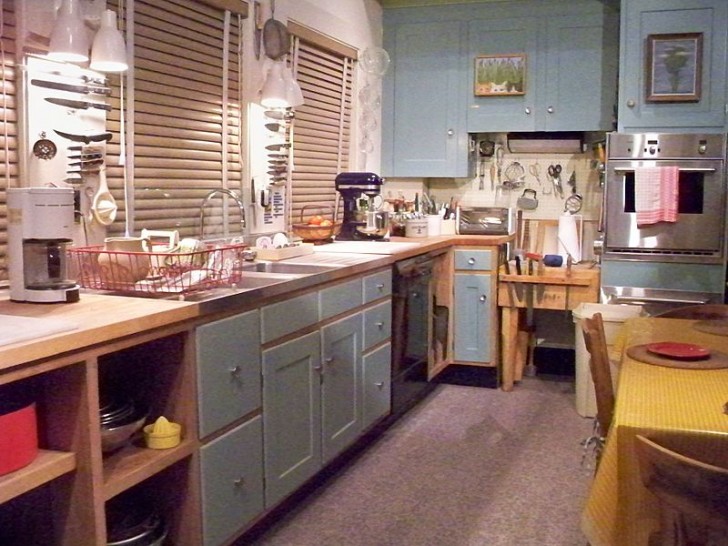"A tidy house is a sad house": this is the reflection of a well-known educator

Perhaps not everyone knows Professor Mario Sergio Cortella, but in the context of educational science dissemination, he is actually very famous, especially in Brazil.
His wisdom and his studies make him a very welcome guest on talk shows and broadcasts that deal with the delicate theme of education and psychology as applied to the processes of growth.
One of Professor Cortella's statements, in particular, made people smile and challenged public opinion with his assertion that "A tidy house is a sad house." But what exactly did this philosopher-educator mean?

CPFL Cultura/Tatiana Ferro/Wikimedia
Obviously, with his statement, he was not praising disorder and it is also obvious that the lack of cleanliness in an environment can only be harmful to those who live there.
Prof. Cortella's discourse stems rather from a social trend, namely, that of obsessively trying to always show and keep everything in perfect order. This is probably due to the arrival of social networks, on which we all try to resemble an ideal instead of reality, where it seems that every house should always be ready to be photographed. Pillows and cushions in order, perfectly selected knick-knacks, impeccable kitchen ... everything must exude beauty and composure. But life - emphasizes the professor - is not like that!
Life is not perfect, it is a whirlwind of ups and downs, problems to solve, and of difficult moments during which a house (and the family that it represents) becomes one of the fixed points on which to cling. The impression left by a person's head on a pillow, the blanket lying casually on the sofa, the disorder left in the kitchen by someone who has prepared a quick snack ... they are all evidence of the pulsating life of the house.

Life, says Cortella, is made up of vibrations, changes and a lot of, a large amount of disorder. Trying to clean up and rearrange obsessively our house is a symptom of a society that wants to hide every defect, which no longer allows for or recognizes the beauty of exception and imperfection.

The professor concludes by describing the way his birthday parties took place as a child. He explains that for many days the house was full of busy people who came to help prepare all kinds of delicacies, and after the celebration, it took as many days to clean up.
Everyone stayed together, even if there was a bit of disorder and confusion. Today, children's birthday parties are managed with a precise timetable: starting time, food, animator ... everything is budgeted and finished within three hours.
Yet, life is beautiful precisely because it is imperfect; the house warms our heart precisely because it shows the passage of the people who live there, with all the joys and sorrows that they experience every day ... and that constitute the material of which life is truly made.





